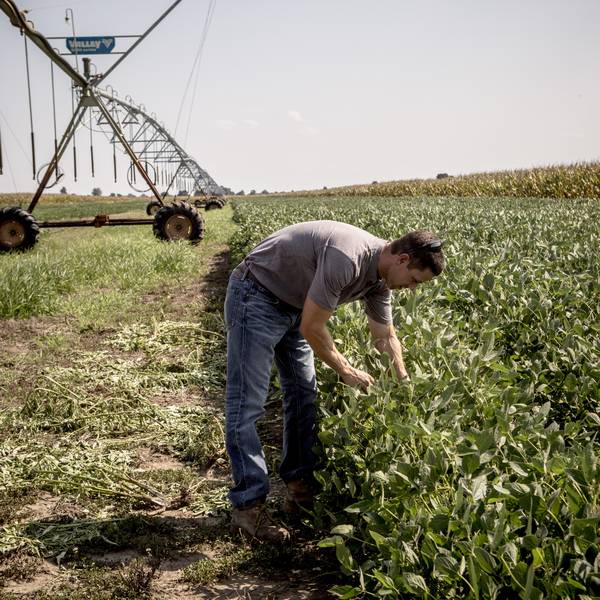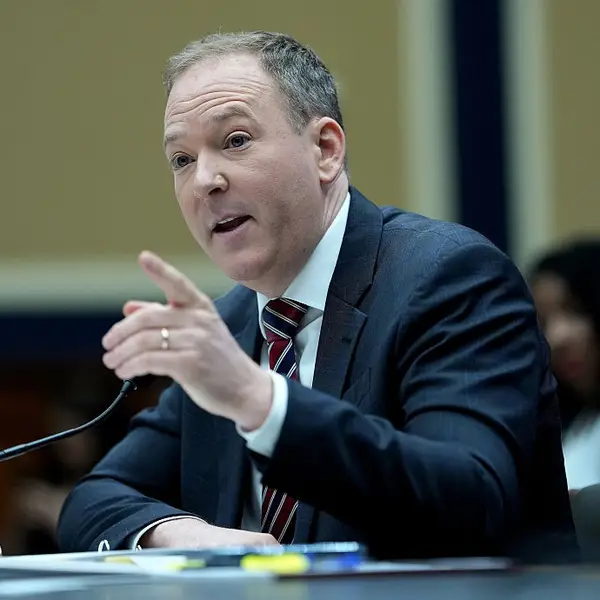In defiance of popular sentiment and scientific warnings, the European Commission plans to re-approve the use of controversial weedkiller glyphosate, a "probable carcinogen" according to the WHO, for another 15 years, according to a draft regulation (pdf) obtained by Bloomberg BNA.
The herbicide, the key ingredient in Monsanto's Roundup, is already so widely used in Europe that two-thirds of bread loaves sold in Britain contain residue from the toxic chemical, the Guardian reported in 2014.
The European Commission's plans, which will be voted on at a meeting on March 7th and 8th, were announced on the heels of a report published on Tuesday by the French magazine 60 Millions de Consommateurs. The report found traces of glyphosate and other industrial toxins in five out of eleven brands of feminine hygiene products.
The Roundup chemical was even discovered in so-called "organic" panty liners made by the French feminine product company Organyce. The company has pulled 3,100 boxes of its products from stores in France and Canada "as a precautionary measure" after internal tests confirmed the herbicide's presence in its products, an Organyce spokesperson told the Independent.
The European Commission's plans to approve the toxic chemical followed the EU ombudsman's strong critique (pdf) of the body's regulatory process, published just this week. The commission's drafted regulation "flew in the face of a censure of the commission by the EU ombudsman," environmentalists told the Guardian.
The ombudsman, Emily O'Reilly, found that the commission may have been too "lenient in its practices," risking the health of humans, animals, and the planet.
Bloomberg BNA reports:
In a Feb. 22 decision, the Ombudsman said that in some cases, the commission granted pesticide approvals through a so-called confirmatory data procedure, under which applicants were asked to provide additional risk assessments and other data on the potential risks of substances. Still, the commission allowed the approvals anyway while waiting for the additional information.
The Ombudsman said a 1991 EU law on pesticide authorizations (Directive 91/414/EEC) "does not contain an express legal basis" for the use of the confirmatory data procedure, and by using the procedure, the commission may have acted in a way that was "unlawful and contrary to the principles of good administration."
A 2009 EU regulation on pesticide authorizations (Regulation 1107/2009) that replaced the 1991 directive did include a firmer legal base for the procedure. Still, the procedure should be used only in "exceptional cases" when the likelihood of a pesticide evaluation being changed was "minor," the Ombudsman said.
Pesticide Action Network (PAN), a coalition of over 600 NGOs and institutions worldwide working to replace harmful pesticides with ecological alternatives, brought the original complaint about the commission's approval process to the ombudsman.
In a press release on Tuesday, PAN Europe's chemicals coordinator argued that the commission had "let the interests of industry and farmers prevail over the interests of the public in allowing harmful pesticides on the market with data gaps and high risks. This structural violation of the rules implies that the pesticides currently on the market are unsafe."
Martin Hausling, the agriculture and public health spokesman for The Greens/European Free Alliance, argued that "[g]iven the serious health concerns and conflicting scientific advice, the commission should be respecting its duty to apply the precautionary principle and not steamrolling through approval of this highly controversial substance."
The commission has agreed to submit a report demonstrating that it has taken action to make the ombudsman's requested fixes to its approval process in two years--but with its proposed new 15-year lease, glyphosate would not be up for regulatory consideration again until 2031.



